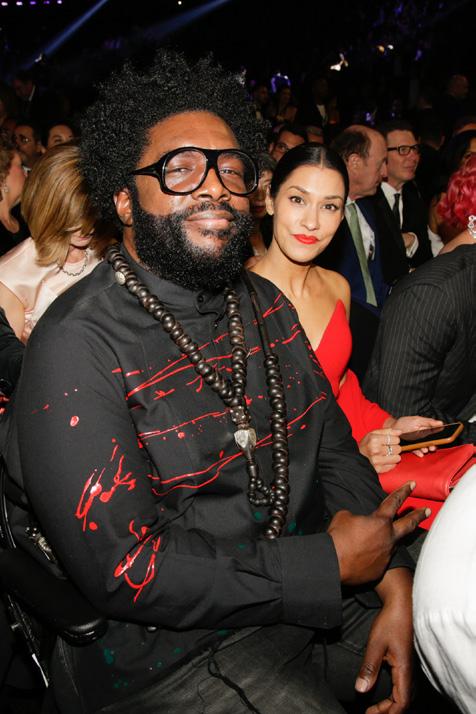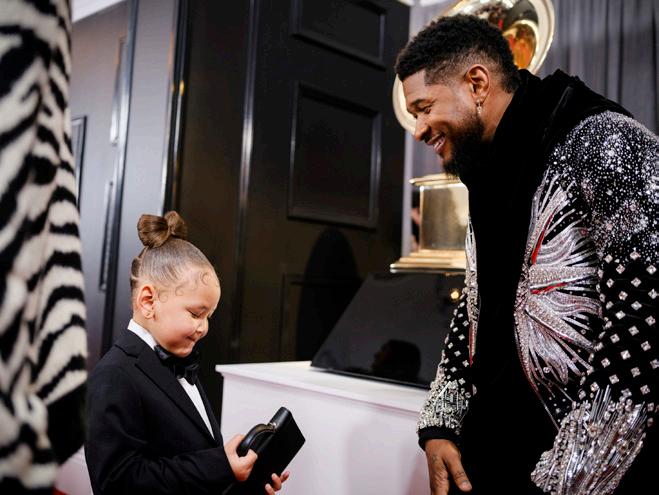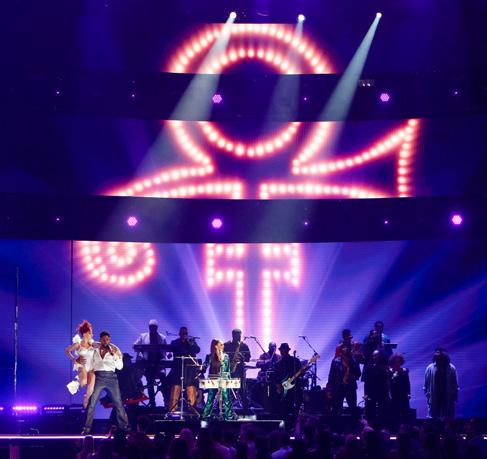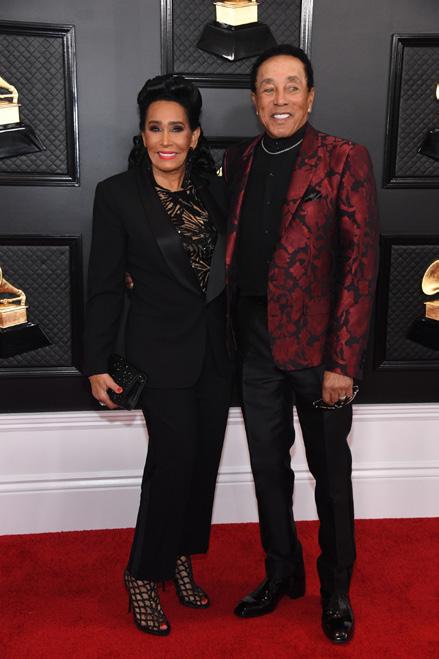
8 minute read
KELLI SAE
Raised by a Puerto Rican mother, an African American father, and Native American grandparents, Kelli Sae’s early influences include Spanish classics like Tito Puente, Celia Cruz, Barbara Streisand, James Brown, Motown, and Black Rock Coalition.
Sae’s sultry, soulful and powerful vocals unite pulsating beats and heart wrenching lyrics. Aslead singer and the voice for many internationally successful bands—like Incognito, Defunkt, and the Philippe Saisse Acoustic Trio—Sae is co-member of the acclaimed award-winning European band Count Basic. Fans will recognize her voice on many recorded releases and as a vocalist on the hit TV show ‘Dancing With The Stars.’
Advertisement
Sae has worked, toured and performed background vocals for Tina Turner, Paul Simon, Meshell Ndegeocello, Angelique Kidjo, and countless others. She won the 2008 Amadeus Award (an equivalent of European Grammy) with co-member Peter Legat of Count Basic for the ‘Love & Light’ album. It won best Jazz, Blues, Folk honors with its worldwide release and video, which features the hit ‘Visible Scars.’ Working with co-writer, producer and keyboard phenom Albin Janoska, Sae’s video, ‘All I Wanna Do’ reached number one on BETJ Soul Sessions on the BET Network. It’s currently in video rotation on MTV-Germany and BET International. 16 • HOLLYWOOD WEEKLY ON THE JOYS AND CHALLENGES OF CREATING SONGS THAT MOVE THE SOUL
By Alex A. Kecskes
Thank you for taking the time for this interview. When did you first get the desire to write songs and perform? Kelli: I started writing when I was a little girl—silly songs about whatever was going on in my life. After a while, it became more about things that matter.
Were you inspired by a particular artist or song? Kelli: I was lucky. I came from a household that had music on all the time—classics like Barbara Streisand, Donna Summer, Diana Ross and The Supremes, and the Motown sounds. I really gravitated to all that. Then I became a huge Prince fan. I wanted to be Prince (laughs).
Did you perform in school? When did you start singing? Kelli: I didn’t really perform in school. I was so nervous. I’d break out in a cold sweat. I couldn’t get myself to perform without freaking out. But people would encourage me and eventually, I’d sing. I was so shy and I’m still a bit shy to this day. The more intimate the audience, the more I freak out. In a huge crowd, I just melt into it.


When you create a song, do you start with lyrics or music? Kelli: You know, it’s never one way. Sometimes, I’ll be sitting and hear some rhythm and I’ll be like—da-dada-dum-dum—and I’ll go, yeah I like that. And I’ll lay it down in my little studio. Or if I’m in my car or running errands, I’ll sing that line into my phone—like a voice note. And I’ll go over it, singing as I go along, to create a melody. Sounds crazy, right? (laughs).
Do you sometimes create a song from a real-life experience that touched you emotionally? Kelli: Yeah. Often. There’s been some tragedy in my life. One of my nephews committed suicide—he was just 12 years old. And I remember thinking, what was he feeling? So I wrote a song about it called ‘Urgency.’ I wrote it to an orchestra. It’s very barren. I tried to write it from the perspective of a person who would do that. When I write about real things, it hits home for more people.
You suffered tragedies in your life. How and where do you find the strength to keep going? Kelli: What keeps me going is love. I love my family. I love life. I love myself. And I try to focus on the positive. I’m a Buddhist, which is why I say that. When I think of my sufferings—not to say they’re not important—I realize that it could be worse. I get up and realize that my body is healthy and my mind is well. So when you jump up in the morning and plan your day, compared to those who are sick or terminally ill, you have so much to be thankful for. And when I hear myself complaining about some little nonsense, I say shut up, what are you grumbling about? The point is you can focus on your problems or you can just move ahead.
What do you like about performing in large venues? Same question for smaller, more intimate venues. Kelli: Larger venues are amazing. When I do a huge festival with an audience of like 50,000, I try to find a few people to connect with in that sea of people. And that can be difficult. But I also enjoy a smaller audience because you don’t get that intimacy in a huge crowd. Sometimes, I’ll jump down into an audience, dance, and start a party line, maybe even take some selfies with people. And I like that—connecting. Sometimes there are people in the audience who I have to win over. When that happens, I just give my best performance and hopefully, by the end of the show, they’ll like it.
It must be gratifying when you win them over and they’re moving and clapping and singing along with you. Kelli: You know, I never really understand that. I recently did a sold-out concert in Europe with my band Count Basic. I mean, if you bought a ticket, showed up, and you’re looking miserable with your hands on your chin or hips, I’m going to see you and try to win you over.
What do you like about working with Count Basic? Kelli: The musicians are incredible and that big band sound is making a comeback. I love the music. It’s fun and upbeat. And I love my partner, guitarist Peter Legat, who has just been amazing over the years. We may not have that superstar status, but we always fill a venue, which speaks to the quality of the music.
What have you learned about creating and producing songs that surprised you? Kelli: What I didn’t know at the start and what I know now is how much work goes into producing. I truly immerse myself and lose sleep. When I first got into this, I thought of the glamor and not the work. I’m a perfectionist and I’m not happy until it’s exactly how I heard it in my head. It has to be a ‘wow’ for me. After I come back from a concert, I’ll often replay the entire show in my head—every song, what I liked and didn’t like about my performance.
Who do you rely on for support? Who’s your anchor in life? Kelli: Good question. For the past 15 years, I’ve relied on my partner. She’s amazing. She makes me see things I can’t see. You need that person to say, hey, you’re not looking at this the right way. I’ll say, take my side. And she’ll say, no, I’m not taking your side. I want you to see everything first. I’ll see her point and she’ll be so right.
Any advice for young writers/performers just starting out? Kelli: Write what you know, rather than what you think might make you more popular.
KELLI SAE









































